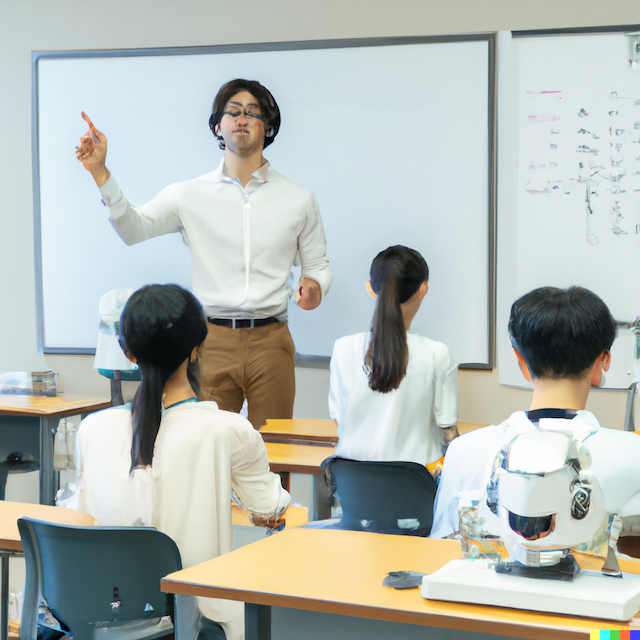Artificial intelligence (AI) is rapidly transforming various sectors and education is no exception. In recent years, AI has made significant strides in enhancing learning and personalizing education for students of all levels. With the advancements in technology, educators and institutions can leverage AI to improve learning outcomes and create a more personalized learning experience for each student.
Personalized learning has become an essential part of modern education. It involves tailoring the learning experience to meet the individual needs and interests of each student. This approach recognizes that students have unique strengths and weaknesses, and that a one-size-fits-all approach to teaching is often ineffective. With the help of AI, educators can create a more personalized learning experience for each student.
One of the ways AI can enhance education is through adaptive learning. Adaptive learning is a technique that uses AI to adjust the pace, style, and content of learning based on the student’s performance and preferences. Adaptive learning systems can analyze student data such as their learning style, strengths, weaknesses, and pace of learning to provide them with personalized learning materials and activities. This ensures that each student is challenged at their appropriate level and can progress at their own pace.
Another way AI is being used in education is through chatbots. Chatbots are computer programs that use natural language processing to simulate human conversation. They can be used to answer student questions, provide feedback, and offer guidance on learning materials. Chatbots can provide students with instant feedback and support, freeing up time for teachers to focus on other aspects of teaching. Additionally, chatbots can provide students with a more personalized learning experience by answering their questions and providing feedback that is tailored to their individual needs.
AI can also be used to create immersive learning experiences such as virtual and augmented reality. These technologies can provide students with a more interactive and engaging learning experience. For example, students can explore historical events or scientific concepts in virtual environments, providing them with a deeper understanding of the subject matter. Virtual and augmented reality can also be used to simulate real-world scenarios, allowing students to develop problem-solving and critical thinking skills.
One of the main benefits of AI in education is that it can help to address the achievement gap. The achievement gap refers to the difference in academic performance between students from different backgrounds. AI can provide each student with a personalized learning experience, regardless of their background, ensuring that they have the resources and support they need to succeed. Additionally, AI can identify students who may be struggling and provide them with targeted interventions to help them catch up.
In conclusion, AI is transforming education by enhancing learning and personalizing the learning experience for each student. From adaptive learning to chatbots and immersive learning experiences, AI has the potential to revolutionize the way we teach and learn. With the help of AI, educators can create a more personalized and engaging learning experience, ensuring that every student has the opportunity to succeed. However, it is important to remember that AI is not a replacement for teachers but rather a tool to support them in their important work.





